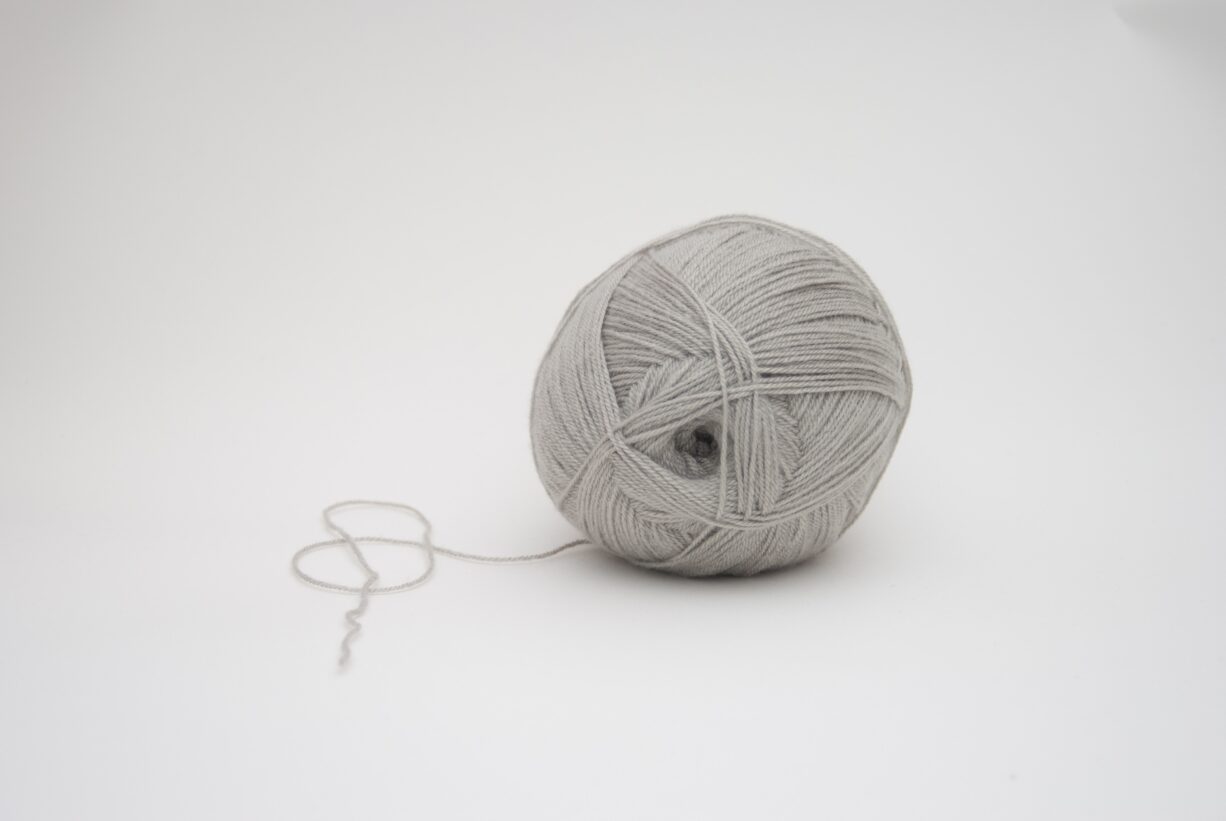
Bento Boxes
Kim Magowan | Flash Fiction
That morning at the grocery store, the teenage cashier asks Celeste if she qualifies for the senior citizen discount. “No, no!” Celeste says. Afterwards the cashier is overly friendly in compensation, asking Celeste what she plans to cook with her purchases. When Celeste says chicken katsu, the cashier reminisces about some Chelsea restaurant she always went to, growing up in New York. “When I was a kid,” the cashier says.
You’re still a kid, Celeste thinks. But she doesn’t say that out loud. Offering a senior citizen discount is well-intentioned, a kindness, even if it feels like the opposite. Celeste wants to say “What the fuck, I’m only fifty-four.” But the distinction between fifty-four and sixty-five would likely seem meaningless to the cashier.
On her way home, carrying groceries, Celeste converses in her head with the cashier. She describes how she couldn’t go to a bar without her ID until she was twenty-nine, she looked so young. She explains that when she pulls her hair out of its ponytail, she looks younger, because her gray hair is mostly by her face.
It’s silly to be vain, to get hung up on numbers. Celeste remembers how her grandmother would wear red lipstick and a brooch, a spray of semi-precious stones meant to look like a branch of blossoms. Her grandmother was probably not much older than Celeste is now, but had seemed ancient. “I’m always surprised when I look in the mirror, because I feel like I’m thirty-five,” she once told Celeste, which Celeste—she must have been eight then—found hilarious and opaque. What did that mean, she’d wondered, to feel thirty-five? Thirty-five was old.
Celeste would like to tell that cashier, with her pretty, baby-fat face, that Celeste’s younger self is still encased within her, like the bulb of an onion, or the innermost Matryoshka doll, that clumsy-featured, solid one. That this younger self is her essence, the core of the fat redwood she manifests. That young Celeste was even prettier than the cashier, and frankly dangerous, most of all to herself.
For instance, twenty-three-year-old Celeste once showed up at the thirtieth birthday party of her lover’s wife, bearing a miniature cactus, a gift that she’d taken a long time choosing. The wife didn’t know her husband was sleeping with Celeste; at least Celeste didn’t think she knew. Though when the wife accepted the cactus, she gazed at Celeste in an appraising way that made Celeste feel as if everything about herself, including her ruched olive dress, including her red-lipstick smile, was transparent.
What Celeste remembers most from that party is an ottoman, centered in the living room. It looked like a giant ball of yarn. Celeste’s lover was allergic to cats. Because of this, his wife had reluctantly given away her blue point Himalayan. Because of this, Celeste had parted from her own two cats, Versailles and Oslo. (Celeste always named her cats after famous treaties). Her lover had not explicitly demanded this, but he’d hinted and hinted, ostentatiously rubbing his eyes whenever he visited. Even at the time, Celeste had understood that it would be stupid to make permanent sacrifices for her lover. So she’d begged her mother to take her cats for a while: “My boyfriend’s allergic, Mom.” Her mother had sighed and said, “This is the boyfriend you never introduce me to?”
Also encased inside Celeste is her thirty-seven-year-old self, married to another man, not that lover. Her then-husband eventually started fucking a woman who looked enough like Celeste (but twelve years younger) that a stranger might have thought they were related. Clearly, her husband had a type. That younger woman who looked like her once brought a bottle of Sancerre to a dinner party Celeste and her husband hosted. When she handed the wine to Celeste, Celeste saw something in her frightened-yet-challenging eyes that made her recall that tiny cactus, that ottoman shaped like a ball of yarn. At that moment, she understood that her husband was fucking that girl. That sweet young thing.
These Celestes (ages eight, twenty-three, thirty-seven) are all stacked inside of her, bento boxes.
Celeste wants to tell that pretty cashier that, despite all the indignities of age (the reading glasses, the night sweats, the belly fat, and also the loneliness of a house to herself, but at least she has Utrecht, her latest and laziest cat, with his black legs that look like compression socks), she has no interest in going back. Then, she’d depended too much on that zing of being looked at, desired. She’d mistaken that for power. Even if her lover’s wife had also given away things she cherished, at least with her passive-aggressive decorating, with that ball-of-yarn ottoman, she’d reminded her husband that he was amassing unpayable debt. The passage of time is a story of accretion, not attrition: Celeste wants that girl to know.
Kim Magowan lives in San Francisco and teaches in the English Department of Mills College at Northeastern University. She is the author of the short story collection Don’t Take This the Wrong Way, co-authored with Michelle Ross, forthcoming from EastOver Press; the short story collection How Far I’ve Come (2022), published by Gold Wake Press; the novel The Light Source (2019), published by 7.13 Books; and the short story collection Undoing (2018), which won the 2017 Moon City Press Fiction Award. Her fiction has been published in Colorado Review, The Gettysburg Review, Smokelong Quarterly, Wigleaf, and many other journals. Her stories have been selected for Best Small Fictions and Wigleaf’s Top 50. She is the Editor-in-Chief and Fiction Editor of Pithead Chapel.
